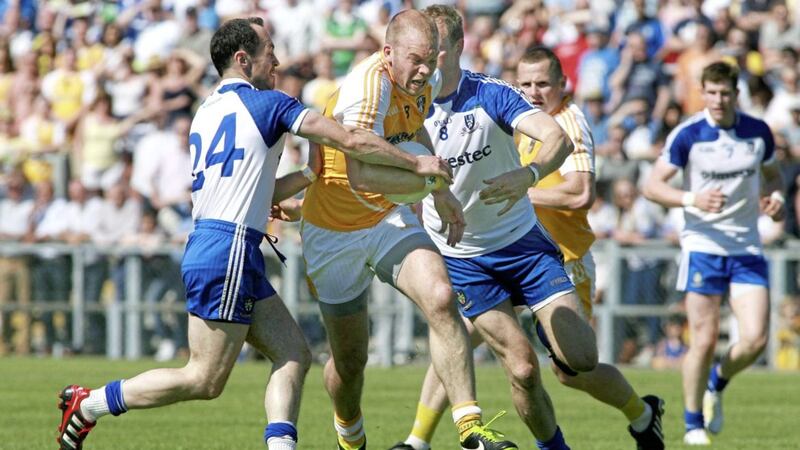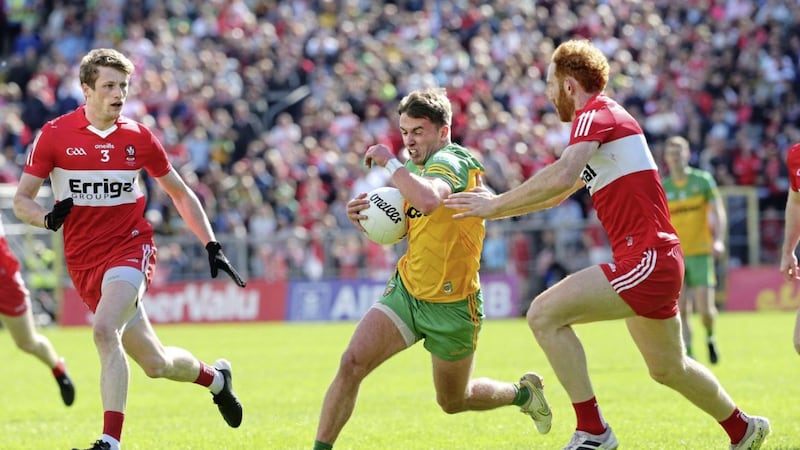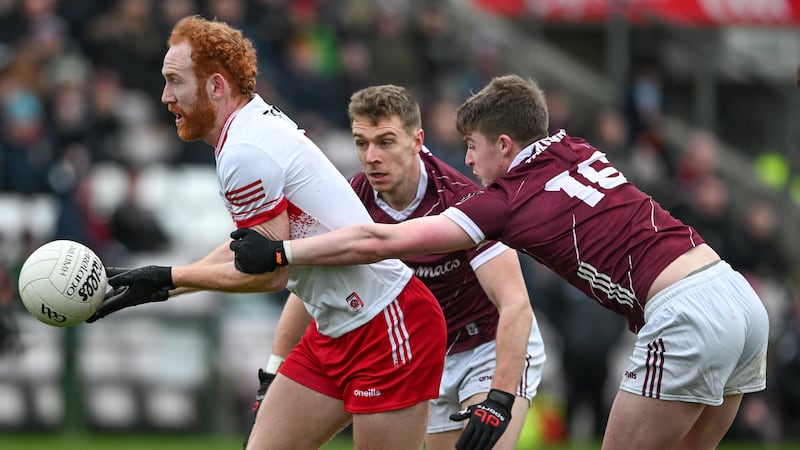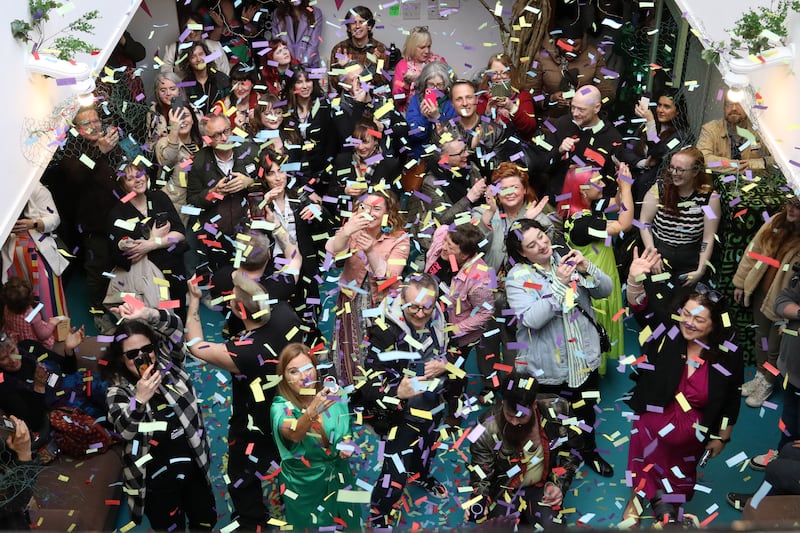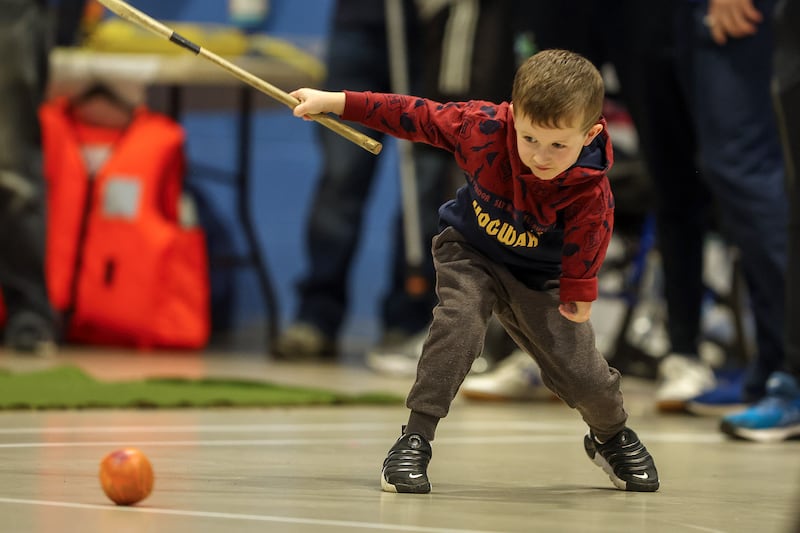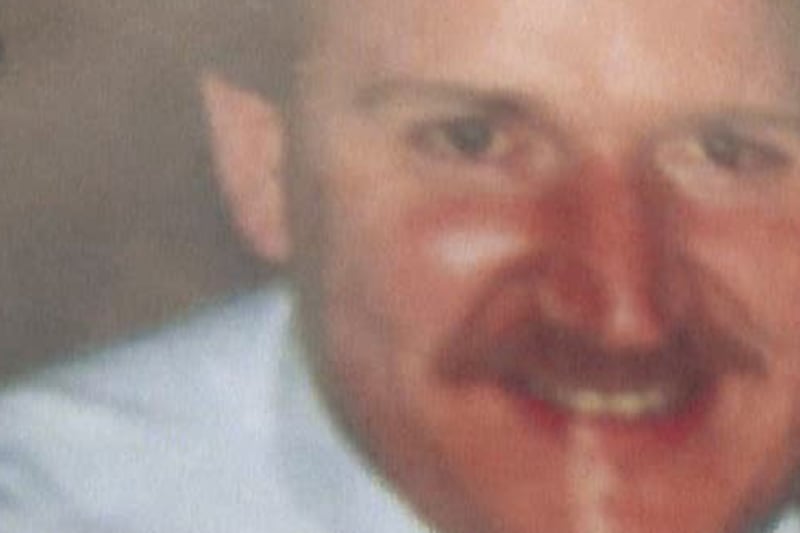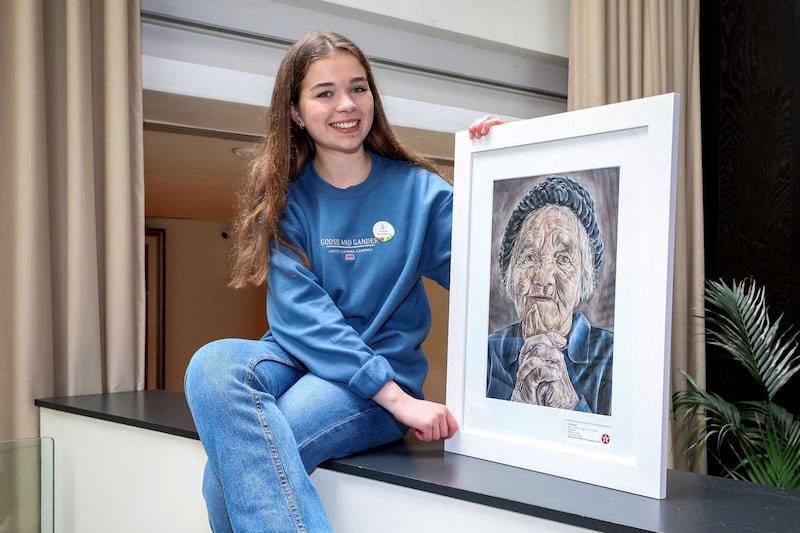THE GAA is expected to rubber-stamp an ambitious financial plan to rejuvenate Gaelic Games in Belfast, The Irish News has learned.
Talks between the Antrim County Board and the GAA’s top brass are at an advanced stage and an announcement of a major cash investment in Belfast over an initial five-year period will be made around September.
Antrim officials have already consulted widely within Belfast about the needs of the city, with the primary school sector topping the list of priorities.
It is understood the GAA hierarchy has encouraged Antrim officialdom to produce a plan so that Central Council would be in a position to back it with major investment.
County officials, as well as some members of the Ulster Council, have already delivered a presentation of their ‘Belfast Gaelic Games Plan’ to the GAA and a six-figure investment is in the offing.
The general consensus within the GAA is that there is no point building a new Casement Park if the participation rates in Belfast don’t improve.
Antrim, probably more than any other Ulster county, has a worrying drop-out rate between minor and senior level, with soccer being a big rival of GAA in Belfast.
The ambitious plan will have more coaches on the ground in schools and a chief co-ordinating the project.
One insider said that the current situation in Belfast was akin to someone “using a water pistol to fight fires”.
GAA President Aogán Ó Fearghaíl and Director-General Paraic Duffy have been instrumental in trying to get the plan off the ground.
During Liam O’Neill’s presidency, the GAA reached out to the so-called weaker hurling counties, including Antrim.
In 2014, just under €1m was shared among Antrim, Carlow, Laois and Westmeath over a five-year period, but that meagre amount of money was never going to make a dent on the problems that Antrim GAA faced.
In 2009, the Ulster Council launched a ‘Belfast Rising’ initiative that envisaged creating organic links between GAA clubs and schools in the city – but it didn’t have the desired impact, while Belfast City Council invested £10m money in sports facilities back in 2011.
But the enduring problem for Gaelic Games in Belfast is the lack of coaches on the ground, particularly in schools.
The increase in coaches under the new plan has not been finalised but there would be a significant rise in coaching numbers.
Belfast schools have been poorly represented in ‘A’ grade competitions for generations.
St Mary’s CBS, Belfast made a return to the MacRory Cup stage this season after an absence of several years.
In an interview with The Irish News in October 2016, Gaelic football coach and school bursar Donagh Finnegan commented: “We have players on this team that should be playing senior county football, without question.
“But I don’t know what’s going to happen. I don’t see it as our job. We’re trying to compete at the highest level we can and we do think it’s important for Antrim, as it’s better for our clubs.
“We do want to build a partnership with Antrim and we’re doing a bit at Year Eight now. But we can’t answer Antrim’s problems.”
Speaking ahead of their Ulster Championship match with Antrim last month, Donegal boss Rory Gallagher felt Dublin GAA was "miles ahead" of Belfast.
“Belfast is a huge area and for the sheer amount of players that they have, they need more coaches,'' the former St Gall’s player said.
“I saw when I was a full-time coach in Dublin what it was like and I saw the start of the hurling revolution in Dublin so I would love to see more investment in Belfast.”
Gallagher, who an All-Ireland title with St Gall's in 2010, added: “The clubs out in the country, like Cargin, Creggan and Portglenone, had much better facilities.
“The city is more expensive for the land and the areas they are living in, they don't have the finance.
“Dublin is miles ahead in terms of facilities.”
